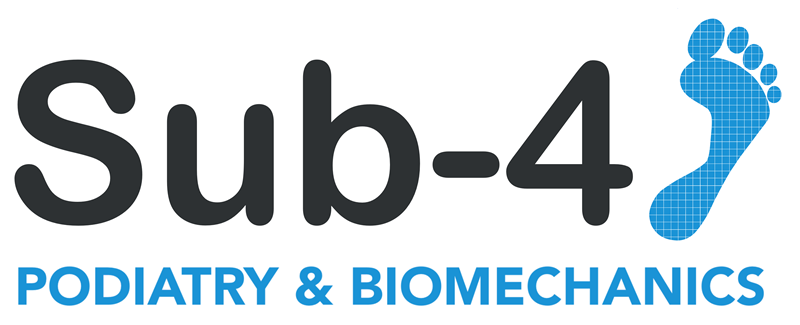Patellar Dislocation
Sub-4 Musculoskeletal Biomechanics Clinic in Staffordshire, West Midlands
Patellar Dislocation
Patellar Dislocation, or Kneecap (patella) dislocation occurs when the patella (the kneecap) comes out of its groove at the joint of the thigh bone (the femur).
It is often caused by an impact or sudden change of direction when, for example, engaging in fast sports activities. When it dislocates, it’ll usually look out of place or odd angle, in many cases, it’ll pop back into place soon afterwards but will require proper recovery.
If you have any knee issues that are giving you long term pain it is best to get it assessed by a Musculoskeletal Podiatrist to ensure there are no underlying conditions an offer the best chance of recovery
Patellar Dislocation
Patellar Dislocation, or Kneecap (patella) dislocation occurs when the patella (the kneecap) comes out of its groove at the joint of the thigh bone (the femur).
It is often caused by an impact or sudden change of direction when, for example, engaging in fast sports activities. When it dislocates, it’ll usually look out of place or odd angle, in many cases, it’ll pop back into place soon afterwards but will require proper recovery.
If you have any knee issues that are giving you long term pain it is best to get it assessed by a Musculoskeletal Podiatrist to ensure there are no underlying conditions an offer the best chance of recovery
Patellar Dislocation Signs & Symptoms
Some common symptoms;
- Pain in the joint, especially after activity
- Swelling of the affected joint
- Decreased joint movement, such as not being able to fully extend your arm or your leg
- Stiffness after resting
- A joint that “sticks” or “locks” in one position
- A clicking sound when you move the joint
- Weakening of the joint that makes it feel like it is “giving way”
Diagnosis
The best way to know if you are suffering from Patellar Dislocation or there are no underlying conditions causing the pain, is to Book a free assessment with Sub-4 clinic.
The assessment will help to look at the pain and check if it is Patellar Dislocation and decide which is the best way to achieve recovery.
Patellar Dislocation Treatment & Cost
The purpose of a Sub-4 free assessment, is to help explore the pain issue you have and determine an appropriate Osteochondritis Dissecans treatment. A Biomechanical Assessment level can be discussed as well, depending on the level of pain or discomfort you are suffering.
Patellar Dislocation, Suffering Pain in Your Knee?
Don’t ignore the problem
TELEPHONE: 01782 551698
VISIT SUB-4 CLINIC ON FACEBOOK
Your Recovery… is Our Mission!
We can help you get to the underlying cause of your pain.
Connect with us
MON – FRI: 9:00am -5:00pm
SAT: 8:00am – 12:00
SUN: Closed

